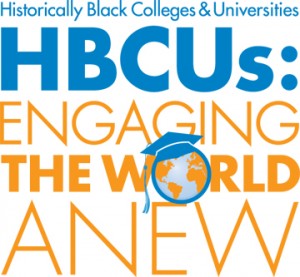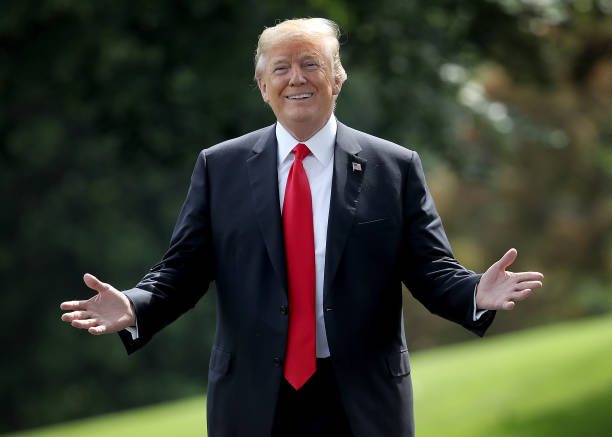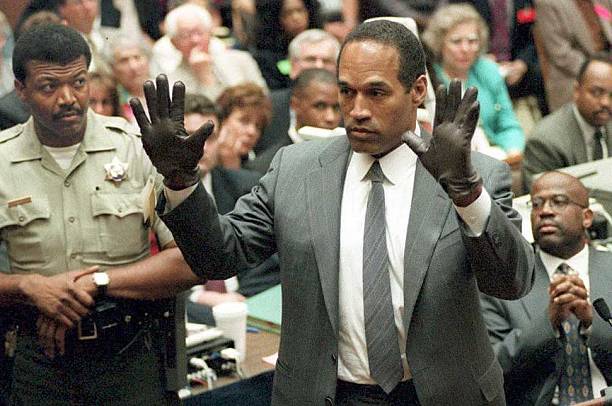(ThyBlackMan.com) With specific emphasis on Howard University, let’s consider a few solutions to the challenges HBCU’s face. There are some who say HBCU’s are irrelevant and no longer necessary because we are living in a “post-racial” society, mainly because a Black man was elected President by a majority of white people. What do you think?
He who defines you also controls you; he can set the height of the bar and raise it anytime he wants. The relevancy and necessity of HBCU’s, often promoted by those who have no stake in their existence, is a question that constituents of HBCU’s should answer. Do we value HBCU’s? Have they served us well? Have they played an important role in American history? Should we allow them to fade away because a few critics say they should? Will we define ourselves, or let someone else to do it?
One look at the list of Howard University graduates made me think about the tremendous void in our society that would exist without their contributions and achievements. There are similar alumni lists for other HBCU’s of Blacks who have contributed to this nation in virtually every category of service, business, media, research, entertainment, politics, education, science, engineering, medical, and legal, just to name a few. Irrelevant? Anachronism? Outlived their usefulness? Not by a long shot.
category of service, business, media, research, entertainment, politics, education, science, engineering, medical, and legal, just to name a few. Irrelevant? Anachronism? Outlived their usefulness? Not by a long shot.
Roger Madison, Izania.com, says, “We simply don’t have a history of reaching back to lift up our own and build our own institutions of thought leadership. Our brightest have anchored themselves in mainstream institutions and have felt very little obligation to help raise the level of quality at our HBCUs.” As I recall, Harold Cruse’s, The Crisis of the Negro Intellectual drew a similar conclusion and, more recently, W.D. Wright’s, The Crisis of the Black Intellectual, continues that premise.
Since the critics invariably compare the top HBCU’s to Harvard, here’s something to think about. Hedge Fund Manager, Ken Griffin, recently gave $150 million to Harvard, a school that already has a $32 billion endowment. I doubt we will see one or two Black super-wealthy individuals do that, but I know that through our collective action, we can meet a similar goal, that is, if we value our schools.
Yes our HBCU’s need money, just as every school does, but they also need other resources, many of which those of us who care can offer. We can volunteer to teach a class as a guest lecturer, do an online presentation to a class, hold more of our meetings and conferences on HBCU campuses, and pay them rather than some other venue.
Current HBCU students could mount continuous PR and marketing campaigns that tell the fantastic stories of their HBCU. Some do that already, but we need more. With all of the social media available to students and their never-ending use of it, personal testimonies of how their HBCU helped them could replace many of the 140 character “tweets” they post daily. No school is perfect; all have positives and negatives. But we must tell our own stories about the value of HBCU’s and refuse to accept any contention that they are no longer necessary.
We must also work to keep our schools on solid financial ground, the responsibility of which starts with the Presidents and their administrators. Good stewardship of HBCU funds is essential. Just like any business, Howard and all HBCU’s must diversify income streams, invest in new information technology, and continue to provide high quality education in the face of rising costs.
One day we may get a Ken Griffin to step up for an HBCU, but until then and even afterward, we must exercise our collective responsibility to support our own schools. There are probably a million members of Black fraternities and sororities. A fund could be established in which each one would deposit a minimum of $10.00 per month to be given to their respective HBCU each year. Howard University is the alma mater of thousands, many of whom are doing very well financially and probably would donate much more on a monthly basis. Masons, Shriners, religious groups, business and professional associations could do likewise. The keys to helping ourselves are commitment, sacrifice, consistency, and sustainability.
We often talk about the “State of HBCU’s,” but this is about the “Fate of HBCU’s.” Will we determine that fate or leave it up to others? By working together in support of our colleges and universities, we can mitigate out-of-reach tuitions, provide more educational opportunities for our young people, and maintain the high quality and tradition of our valuable and valued HBCU’s. A statement made by Howard’s acting President, Dr. Wayne Frederick, speaks volumes: “Howard wrapped me in an audacity by believing in me and creating an environment that made me comfortable.” There’s that word again, “Audacity.”
Written By James E. Clingman
Official website; http://www.blackonomics.com/




















1 Comment